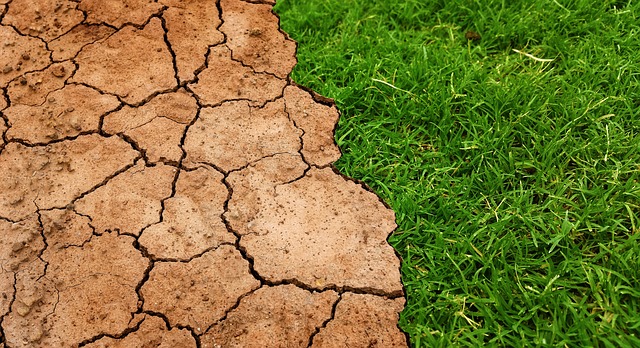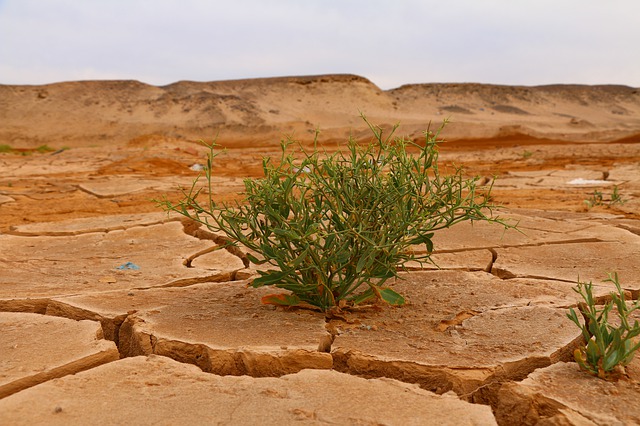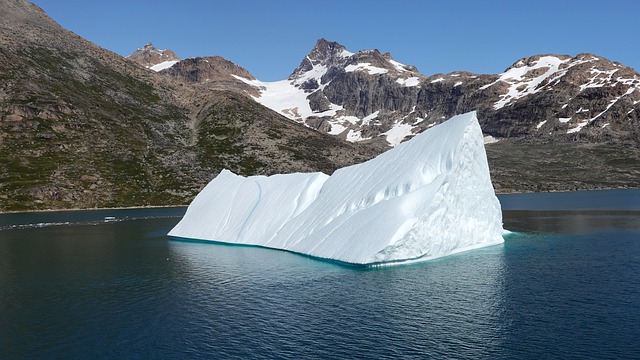Coal burning, oil and gas extraction contribute to climate change, and waste from factories pollutes land, rivers, and oceans. The environment, in turn, affects the global economy. For example, flooding in Thailand causes losses in economic markets on the other side of the world. In contrast, Mexico\’s thriving mangrove forests have a tremendous economic impact on tourism.

Thus, climate change is a nuisance that must be considered. Climate change is rightly considered one of the greatest threats to a sustainable future. Our planet has already been greatly affected by the steady increase in human activity since the Industrial Revolution and the accompanying emission of greenhouse gases.
Scientists estimate that since 1850, global temperatures have increased by about 1°C. If no action is taken to limit emissions, it could exceed 4°C by the end of this century. Severe climate change could affect the economy in many ways, including overall economic activity, labor productivity, and the smooth functioning of financial markets
. Physical risks arise from events such as storms, floods, and extreme droughts. Transitory risks, on the other hand, can arise from the political climate (various environmental agreements) or technological developments (increased use of renewable energy)
. The Bank of England is aware of the risks and has recently completed an assessment of the impact of climate change on the UK insurance and banking sector. The aim is to ensure that individual banks and insurance companies consider the financial risks that may arise from climate change as well as other types of risks (such as changes in interest rates). Since these are global issues, global solutions need to be selected and, more importantly, responded to quickly. Businesses around the world should participate and take the same actions. We can start by conserving energy, water, and supplies and reducing waste.
